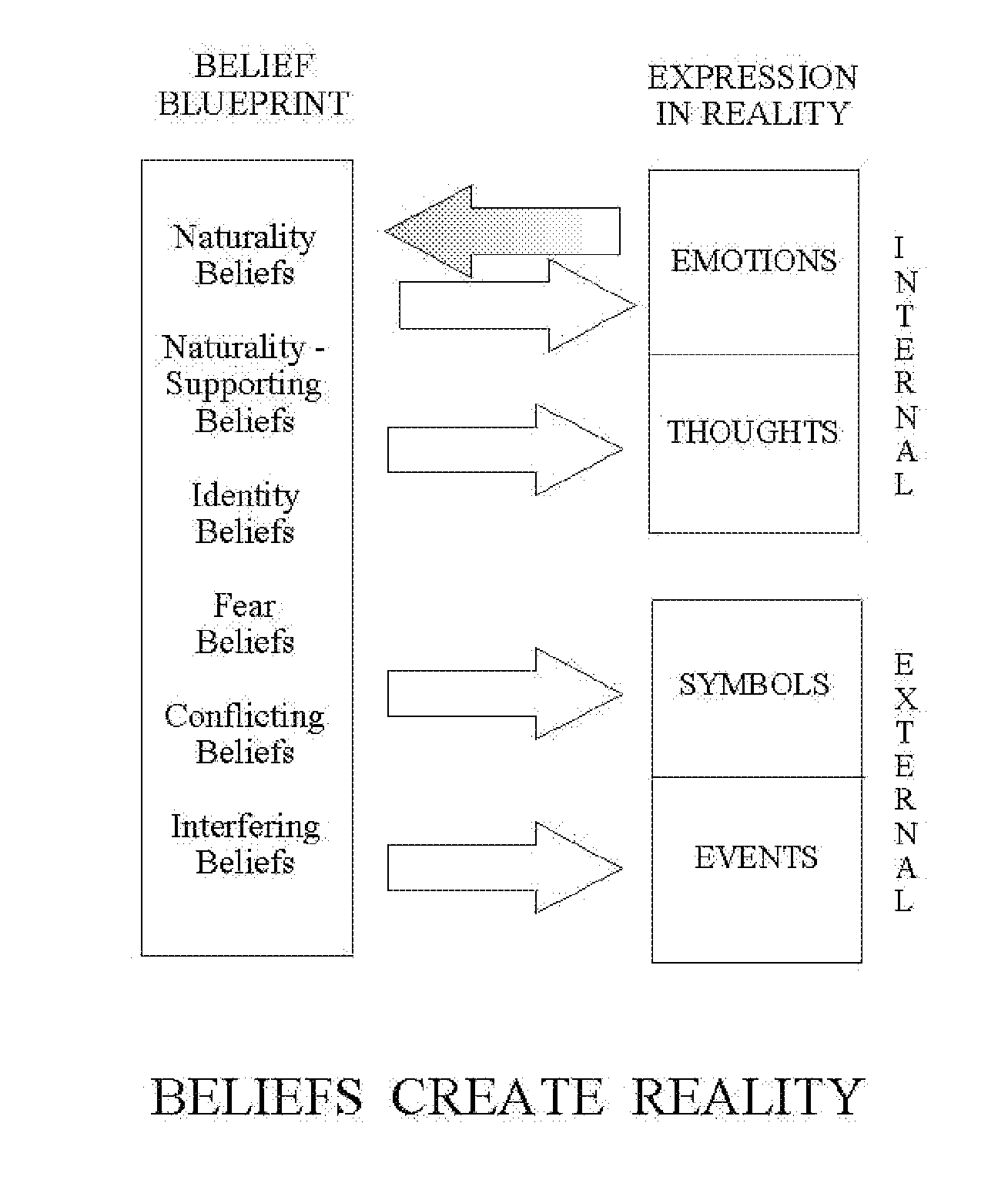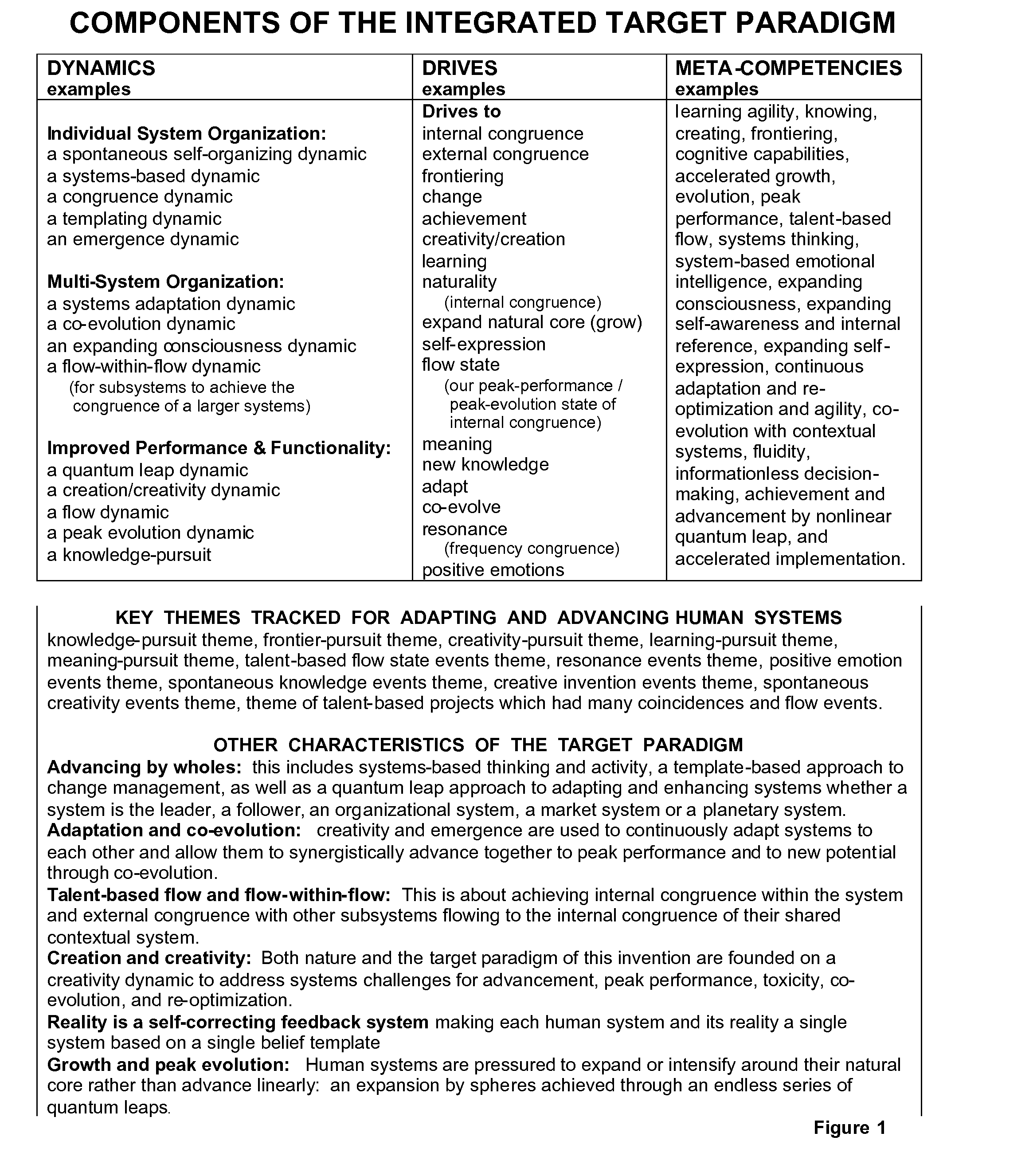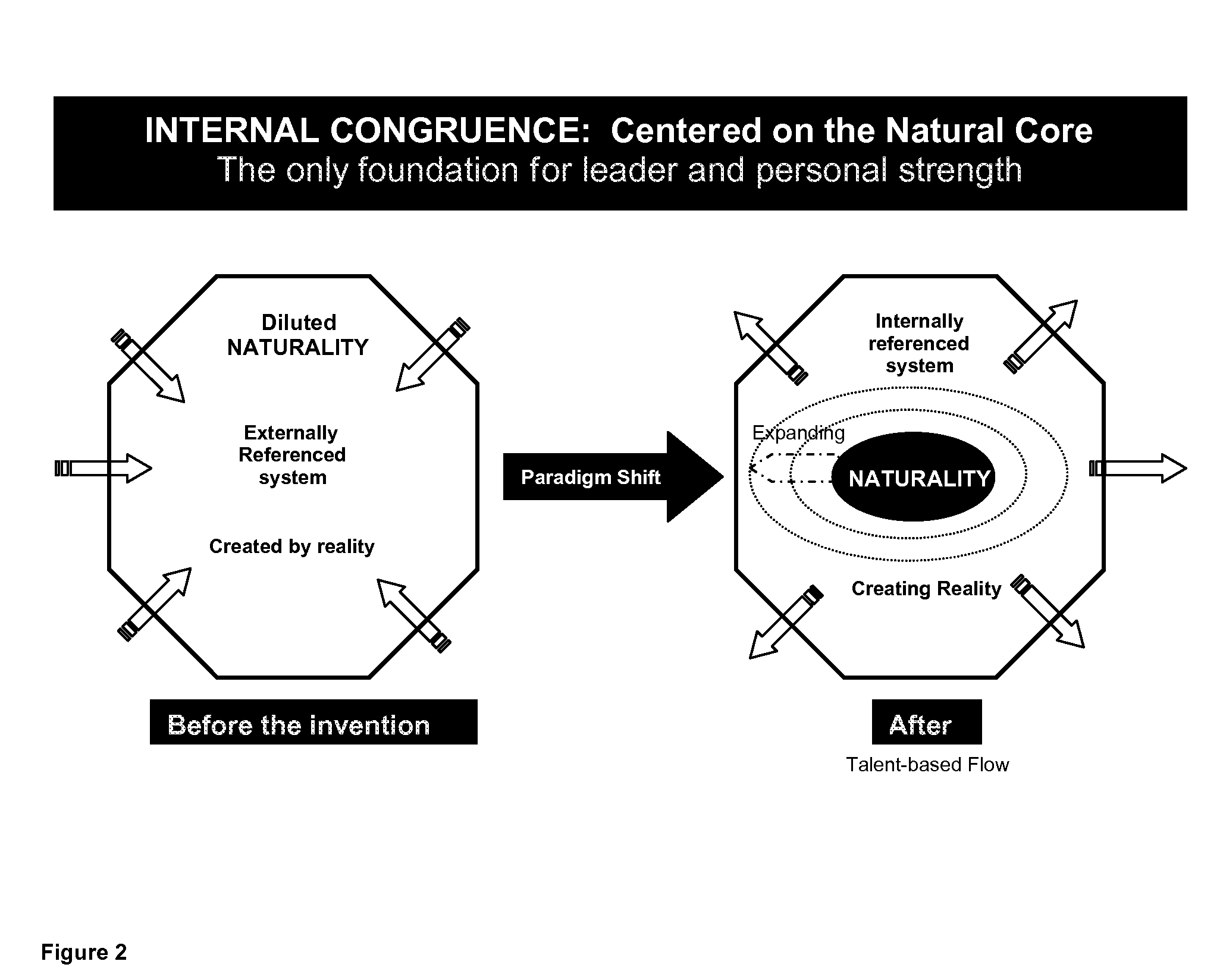Consequently, current leadership development programs may not have a lasting
impact.
(a) The US Army's Training and Leader Development Panel (ATLDP) have found that it is more important to install meta-competencies than competencies. The 2002 Officer Study concluded that, because of the ambiguous nature of the future
operating environment, leaders should focus on developing enduring competencies known as meta-competencies. These meta-competencies are the essential building blocks of learning. Although specific descriptions of such meta-competencies differ, there is a
consensus that competences alone are insufficient and must be supported by higher order qualities.
(b) R. B. Brown (1994: 289-299) similarly argues in favor of the over-arching or
underpinning meta-competencies: “the higher-order abilities, which have to do with being able to learn, adapt, anticipate and create, rather than with being able to demonstrate that one has the ability to do.” (R. B. Brown, 1993: 32).
(c) For D. T. Hall (1986) the most important meta-skill is skill in acquiring other skills,
(a) For Snell (1990) these meta-qualities include creativity, mental agility and balanced learning skill.
(d) Cheetham and Chivers (1996: 24) include communication, self-development, creativity, analysis and problem solving in their definition of meta-competencies.
(e) The common theme with meta-competencies is that they address the cognitive aspects of management, concerning the ability to cope with uncertainty, as well as learning and reflection (Nordhaug, 1993). Learning to learn is perhaps the most fundamental meta-competency for developing entrepreneurship and leadership since the
rapidity of technological developments and the dynamism of markets renders the traditional sources of competitive
advantage liable to
obsolescence and being superseded by innovation. The meta-competency that leaders need to cope with and implement change in the future is therefore learning. Sustainable competitive
advantage derives from the ability of individuals and organizations to adapt and learn faster than the competition.
While intellectually persuasive, the application of
systems theory and science to leadership has not translated successfully to practical implementation: “ .
Consequently, programs thus based are no longer popular and available despite the fascination with Peter Senge's approach in “The Fifth Discipline”.
Employees are not always as interested in pursuing leadership development as their employer is in addressing organizational leadership shortages.
Consequently, attempting to change one belief may be over-ridden by this integrating process.
Methods have not yet been invented to effectively develop conceptual skills in adult leaders.
Given the expected increases in operating tempo, battlespace and information in the 21 st century, it seems unlikely this strategy will adequately address our needs.
Leadership programs tend to teach the technical and
communication skills of leadership rather than the conceptual skills because the latter are more difficult.
As with other traditional leader skill development programs, the approach tends to fragment both the leader and the leadership process and target each conceptual skill as a separate standalone topic.
There is an increasing need for conceptual skills for leadership and for everyone:(a) conceptual skills are prerequisites for leadership even more than technical and
communication skills(b) conceptual skills are the most difficult to develop(c) conceptual skills make up more than 90% of the work of the more senior ranks of leaders. however, as the leadership function becomes distributed across many people in flat organizations versus being concentrated at the top, conceptual skills are becoming critical not just to competitive advantage but to survival.(d) The retirement of baby-boomer executives is leaving a leadership shortage.
The learning technology is not yet available to make these programs impactful on organizational learning or creating the learning organization envisioned by Peter Senge from learning-agile employees.
 Login to View More
Login to View More  Login to View More
Login to View More 


